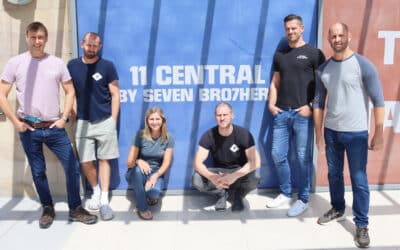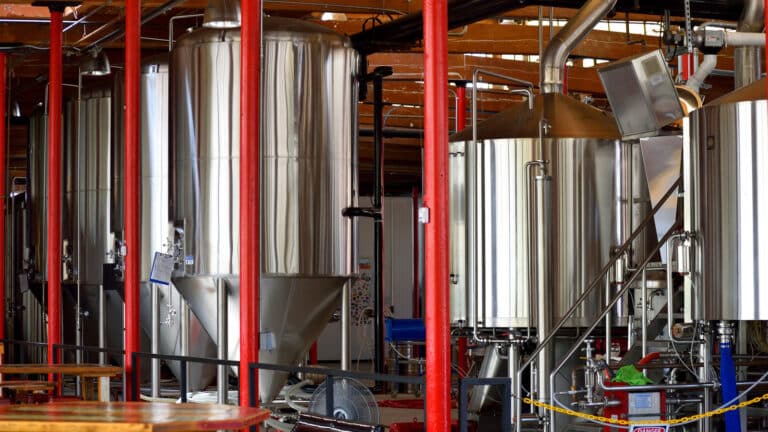Roehill Springs, a family-run gin distillery near Keith in Moray, has turned to blockchain technology to ensure ‘crystal clear’ water is used in the creation of its spirits.
The family-owned firm is using the system, developed by CENSIS – Scotland’s innovation centre for sensing, imaging, and Internet of Things (IoT) technologies – and Aberdeen-based app developer TrackGenesis.
The project is part of the CENSIS IoT Evolve programme, funded by the Scottish Government and Highlands and Islands Enterprise (HIE), to support the development of IoT technologies by companies across the north of Scotland.
Roehill Springs is also committed to using local ingredients, offering transparency to its customers, and being environmentally responsible.
IoT sensor based-flow meters have been installed at the spring on the family farm and at its distillery. The data they produce is sent to a smartphone and tablet application via Bluetooth. The data from each flow meter is transferred to the private blockchain where it is held and can be accessed by customers through a QR code printed on each bottle of Roehill Springs gin, alongside information about the bottle’s other ingredients.
The system means there is complete accuracy and transparency, and customers can be confident that water used in Roehill gin is high quality and sustainably sourced. It also enhances the authenticity of the data – the blockchain claims to be tamper-proof and immutable – removes the time, errors, and cost of manual data entry, and helps the distillery track and reduce its water usage.
Roehill Springs is now looking at other ways blockchain might be used to make its business more transparent for customers, such as energy monitoring.
Duncan Morrison, co-owner of Roehill Springs Distillery, said: “We pride ourselves on the quality and provenance of our ingredients, sharing lots of information with our customers about the production of our gins.
“When we realised the potential blockchain offered in combination with IoT, we felt it was the right way forward for enhancing the transparency of what we do. While we have started with water usage, the project has been so successful we are looking at other ways the technology can be used to support our aims of being completely open with our customers about the products they consume and reducing our own environmental footprint.”
Ally Longmuir, business development manager at CENSIS, added: “The system we have developed is one of the first to take data from sensors and put it directly into a blockchain. It also provides state-of-the-art security and traceability, meaning you can have complete confidence in the data being captured.”













